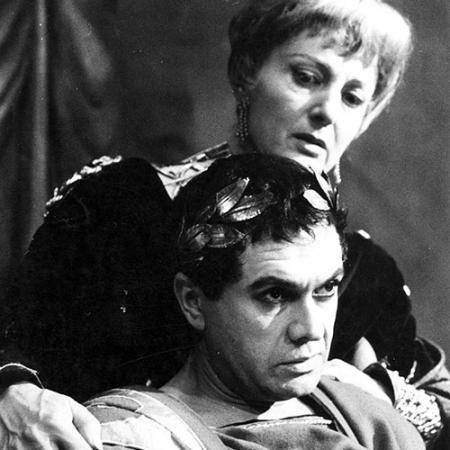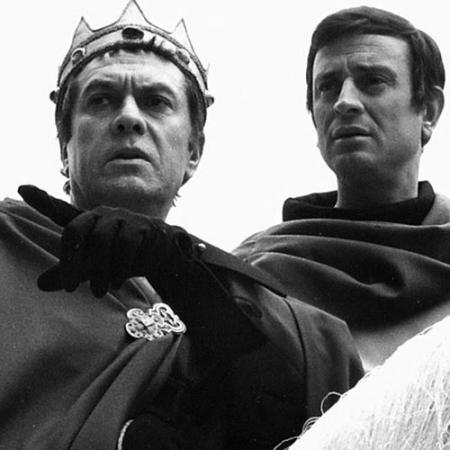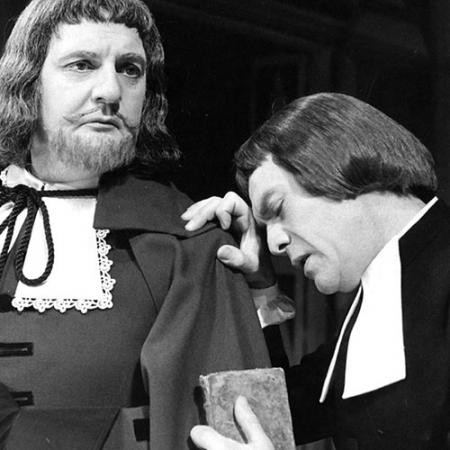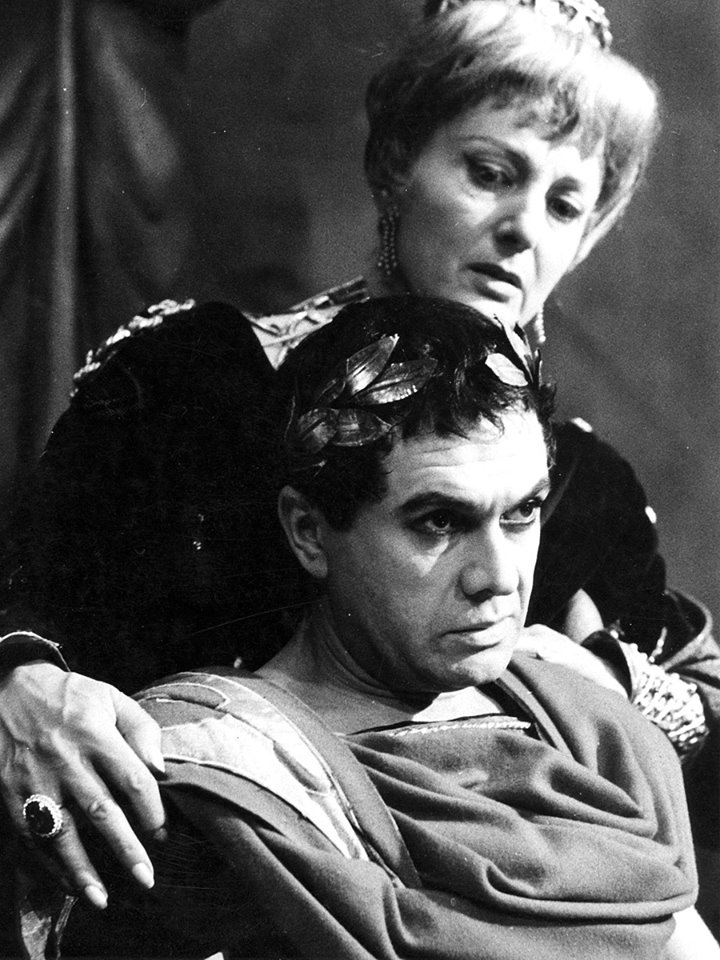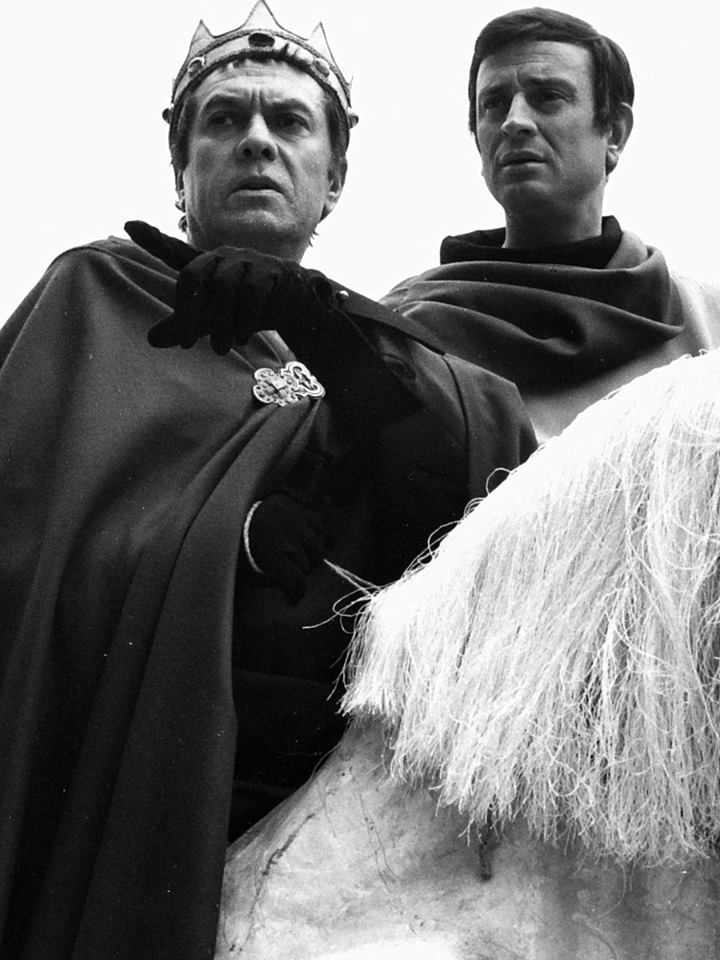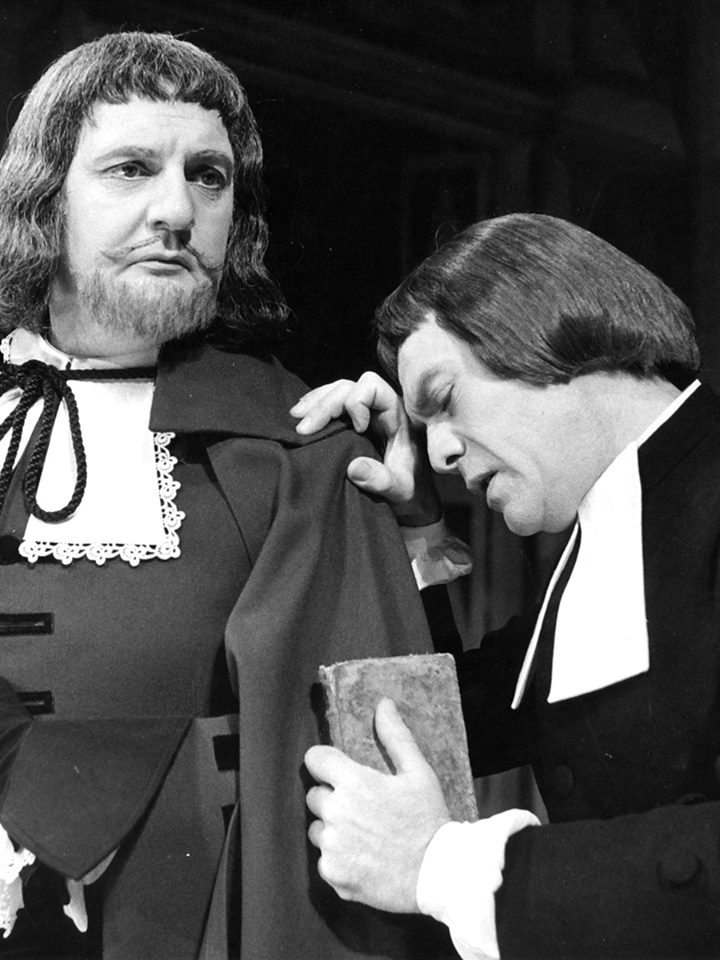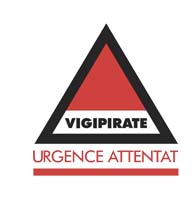Robert
Hirsch
420e sociétaire
Robert Hirsch joined the Comédie-Française in 1948, and became its 420st sociétaire in 1952, and later a sociétaire honoraire in 1974.
Born on July 26, 1925, Robert Hirsch began his artistic training with classical dance, before turning to dramatic art, by attending the classes of Maurice Escande and André Brunot. In 1946, he was received at the Conservatoire, where he studied in the classes of René Simon and, then, of Henri Rollan. He left in July 1948 with two first comedy awards – a first prize for Classical Comedy in the role of Sosie, in Molière's Amphitryon, and a first prize for Modern Comedy in the role of the cuckold in Fernand Crommelynck's The Magnificent Cuckold.
Appointed at the Comédie-Française on September 1, 1948, Robert Hirsch immediately stands out owing to the exceptional comic talent he revealed in his performance of the role of The Apothecary in Molière’sMonsieur de Pourceaugnac, in a staging by Jean Meyer which received extremely poor reviews from the majority of intellectuals and theater men of the moment, yet all of whom unanimously acknowledged Robert Hirsch's remarkable talent.
He performed the role of the active Harlequin in Marivaux's plays, in Love in Disguise (Le Prince travesti) directed by Jean Debucourt in 1949, and in Double Inconstancy (La double inconstance) staged by Jacques Charon in 1950. The following year, he triumphed in the role of Rédillon in Georges Feydeau's Sauce for the Goose (Le Dindon) in the staging of Jean Meyer.
Robert Hirsch was appointed as a sociétaire on January 1, 1952, thus becoming the Troupe’s 420th sociétaire. This second stage of his career at the Comédie-Française was marked by his interpretation of two roles in Molière's plays, namely Scapin, in Scapin the Schemer staged by Jacques Charon in 1956, and then that of Sosie in Amphitryon staged by Jean Meyer in 1957. For the spectacle of Scapin the Schemer, in parallel to his role, he was in charge of the sets and the costumes, which he drew and designed himself. Jean-Jacques Gautier said of the actor Robert Hirsch: "It is of the realm of the impossible to resist his clowning vehemence nor his frenzied gesticulations. The characters Mr. Hirsch performs are suffused, in fact, with a staggering, massive humorousness that radiates out." For instance, his performance of the role of Bouzin in Georges Feydeau’sUn fil à la patte (Cat Among the Pigeons) triggered general amusement and outbursts of uncontrollable laughter in the public.
However, behind the façade of Robert Hirsch as the virtuoso actor specializing in the comic genre, there also lay deep an actor with a keen and sensitive performance. He has fully demonstrated it throughout his career, like, for example, in the role of Robert Cecil, in Elizabeth: The Woman Without a Man (Elizabeth, la femme sans homme) by André Josset, as well as in the dual role of the twins of Cocteau's The Typewriter (La Machine à écrire), or that of Raskolnikov, in Crime and Punishment, an adaptation of Dostoevsky’s work to the theater.
In 1961, he approached tragedy by interpreting the role of Nero in Racine’s Britannicus directed by Michel Vitold. The role of Nero is undoubtedly, of all of Racine's work, the one character that lends itself fully to the most innovative and inventive interpretation, to such an extent that this particular interpretation by Robert Hirsch was a landmark of sorts, though it was a priori an out-of-character role for an actor like him. In 1972, for his last performance as a sociétaire of the Comédie-Française, he grappled with a Shakespearean king character, namely Richard III, in a staging of the eponymous play by Terry Hands.
Robert Hirsch retired on December 31, 1973. He was appointed as a sociétaire honoraire on January 1, 1974. He returned in 1976 to participate in Maurice Béjart's ballet-comedy, Le Molière imaginaire.
In addition to his career at the Comédie-Française, Robert Hirsch pursued a successful theatrical activity, in Brecht's The Resistible Rise of Arturo Ui, performing the role created by Jean Vilar at the TNP in 1969, in Sacha Guitry’sDebureau presented at the Théâtre Edouard VII, in 1989, and, in the same year, in Tankred Dorst’sMoi, Feuerbach (Ich Feuerbach) staged by Stéphane Meldegg at the Théâtre de la Bruyère. He played the role of Oronte in Moliere's The Misanthrope, directed by Francis Huster at the Théâtre Marigny in 1992, a role for which he received the Molière Award for Best Supporting Actor, as well as the role of Pozzo, in Samuel Beckett’s Waiting for Godot directed by Patrice Kerbrat at the Théâtre du Rond-Point in 1997, for which he obtained a second Molière for Best Supporting Actor. In 1999, he played the role of Sir Harcourt Courtly in Dion Boucicault's London Assurance (Le Bel Air de Londres), and, on that occasion he was awarded a third Molière, that for Best Actor. During the 2006/2007 season and in a staging by Didier Long, he played Harold Pinter's The Caretaker, for which he won a second Molière for Best Actor, the fourth Molière in his career.
Robert Hirsch has also made himself a unique place in the cinema, embarking on a real career on the big screens with Claude Barma in Sauce for the Goose (Le Dindon) in 1951, and continuing its trailblazing path with Jean Delannoy in The Hunchback of Notre Dame (Notre-Dame de Paris) in 1956, with Marc Allégret in Plucking the Daisy (En effeuillant la marguerite) in 1956, with Jean Delannoy in Maigret and the Saint-Fiacre Case (Maigret et l'affaire Saint-Fiacre) in 1959, with Gilles Grangier in 125, rue Montmartre (1959), with Alex Joffé in Impossible on Saturday (Pas question le samedi) in 1964 – a movie in which he acted the roles of 13 characters –, with Yves Robert in Monkey Money (Monnaie de singe) in 1965, with Michel Deville in Kiss Me General (Martin soldat) in 1966, and with Norbert Carbonnaux All Mad About Him (Toutes folles de lui) in 1966.
His cinema career continued under the direction of Alex Joffé in The Hotshots (Les Cracks) in 1968, of Pierre Mondy in Call Me Mathilde (Appelez-moiMathilde) in 1969, of Alain Jessua's in Shock Treatment (Traitement de choc) in 1973, of Jean Yanne in Chobizenesse (1975), of Denis Amar in Hiver 54, l'abbé Pierre in 1989, of Bertrand Blier in My man (Mon homme) in 1996, of Jean-Jacques Beineix in Mortal transfer (Mortel transfert) in 2001, as well as under the direction of Guillaume Nicloux in A Private Affair (Une affaire privée) in 2002.
In addition to the four Molière Awards he received, Robert Hirsch was awarded in 1992 an Honorary Molière Award as a tribute for his entire career.
He was conferred the title of an Officerin the Order of Arts and Letters.
